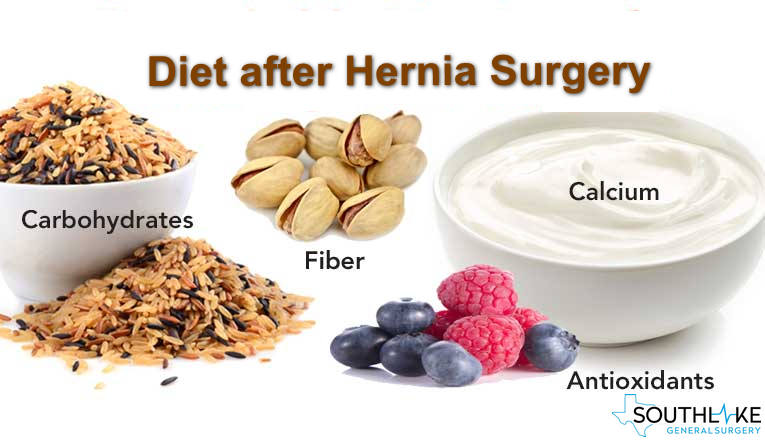Eating a healthy, balanced diet after hernia surgery is essential for a full recovery. Proper hydration is also important during recovery; it helps the body flush toxins and encourages healing. If a balanced diet isn’t possible, supplementation can be used to ensure that the body is receiving essential vitamins and minerals.
When the inner abdominal muscles weaken thereby causing your abdominal wall in that part, protrudes out.
In the United States, The surgical procedure has developed into a fairly common phenomenon from what the Society of American Gastrointestinal and Endoscopic Surgeons has, with close to about 600,000 repairs taking place in a year.
Although there is no set apart diet chart, our present write-up is to suggest a special diet to our readers, post-surgery, to stay fit.
After undergoing hernia surgery, diet plays an integral role in the healing and recovery process. The importance of eating a balanced, nutrient-rich diet cannot be overlooked, as it provides the body with the necessary energy and fuel to heal.
Why Diet After Hernia Surgery is important?
Eating a diet that is low in saturated fats and sugars is beneficial, as these foods can slow down the healing process and even cause complications such as infection or poor wound healing. Additionally, consuming plenty of fiber-rich foods such as fruits and vegetables, lean proteins, and whole grains helps to reduce the risk of constipation and supports a healthy digestive system.
The Diet Plan After Hernia Surgery
Depending on the time passed after Hernia Repair Surgery, you need to prepare a proper diet plan to stay healthy. In the first few days remaining strictly on a liquid diet is pretty advisable. What the diet encompasses, is that; usage of translucent liquids which consist of the following:
- Soy, almond, rice, or cow’s milk
- Plain or vanilla yogurt
- Sherbet
- Vanilla ice cream
- Creamed vegetables (strained)
- Cream of wheat
- Nutritional drinks (except chocolate)
- Vanilla pudding
If you’re asking what good these do is that the translucent liquid diet can enable you to stay moisturized post-surgery. However, this diet does not provide a high-quality dietary value and is stumpy in calories.
Include fiber-rich foods as part of your post-surgery diet, and drink plenty of water. Foods with HIGH FIBER, may include:
- Fruits
- Vegetables
- Whole grains
- Beans
- Wheat germ
- Oatmeal
- Bran
Dairy foodstuffs are exceptional sources of protein, essential to the healing of your gut post-surgery. Although it is a common belief that people consider dairy products to be the foodstuffs that could cause constipation. However, proofs exist that dairy products are capable of improving secretions in your lungs.
Therefore avoid eating dairy food in case you have a chronic cough. However, in case you are eating dairy foods without constipation, you should eat low-fat stuff, like skimmed milk, yogurt, or curd and cottage cheese. But if you are eating Cheese, irrespective of whether the cheese is low-fat or not, it must be eaten in temperance until you can conclude that eating cheese will make you have constipation.
Conclusion
To summarize, any surgery requires temperance in eating, and if you’re undergoing the same post-operational pain; Southlake General Surgery could help make a proper diet chart for you.
Appointment
For more information on the topic “Diet After Hernia Surgery” or consultation with Dr. Valeria Simone MD, at Southlake General Surgery, Texas. You can contact our healthcare expert today for a quick appointment at +1 (817) 748-0200.

